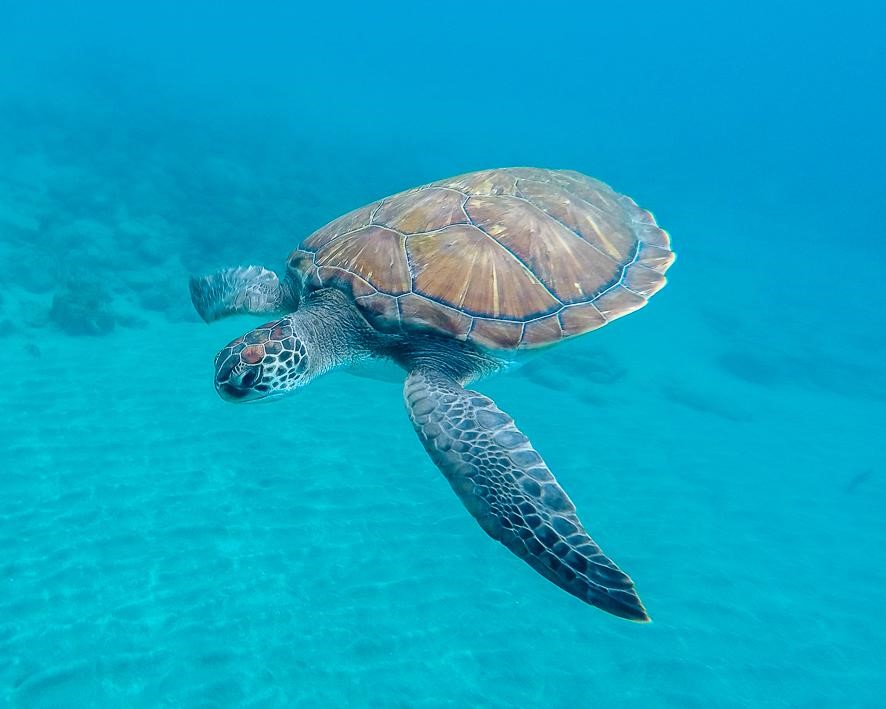There are seven species of sea turtles in the world, with six inhabiting Spain. However, only the loggerhead sea turtle (Caretta caretta) and the leatherback sea turtle (Dermochelys coriacea) can be detected in national waters frequently. Not much information is available for the rest of the lesser known species, so citizen cooperation plays an important role in obtaining data to know their distribution, reproduction, and the threats they face to improve their conservation status.
The citizen sea science Observadores del Mar has launched the new project "Tortugas Marinas" (Sea turtles) through which anyone can send information and images of sightings of healthy or injured sea turtles through the website www.observadoresdelmar.es .
In the last years, more and more sea turtle nests have been detected on Spanish beaches, a phenomenon that may be more frequent than expected. This increasing nesting shows the importance of communicating how to act in these cases to guarantee nest safety.
"Sea turtles are arriving more frequently in our waters, their diversity is increasing and their nesting on our beaches is becoming a reality. We are very excited about this project; it can be decisive in improving the information available about them and our capacity to protect them", says Adolfo Marco, leader of the scientific team of the project Tortugas Marinas and researcher at the Doñana Biological Station – CSIC.
With this initiative, the team calls on citizens to report information on sightings of healthy or injured turtles, and the presence of nests on the beaches. Centralizing this information is essential to designing better protection and rescue strategies. Anyone can send an image or information about sea turtles sighted in the sea or on the beach. In addition, it is very important to urgently call 112 to notify the sighting of any trace of hatchlings on the beach or of a female trying to nest in order to take measures for their protection.
On the website Observadores del Mar, users can also access a manual to correctly identify sea turtle species and different documents to know how to act when an encounter with these species can happen.
The Spanish Platform for Sea Turtles, the Doñana Biological Station, and several experts of all Spanish coastal autonomous communities.
Comunicación Estación Biológica de Doñana
outreach@ebd.csic.es
https://www.observadoresdelmar.es/Projects/View/20

 Las altas temperaturas están provocando que las lagunas y las marismas de Doñana pierdan agua rápidamente
Las altas temperaturas están provocando que las lagunas y las marismas de Doñana pierdan agua rápidamente




